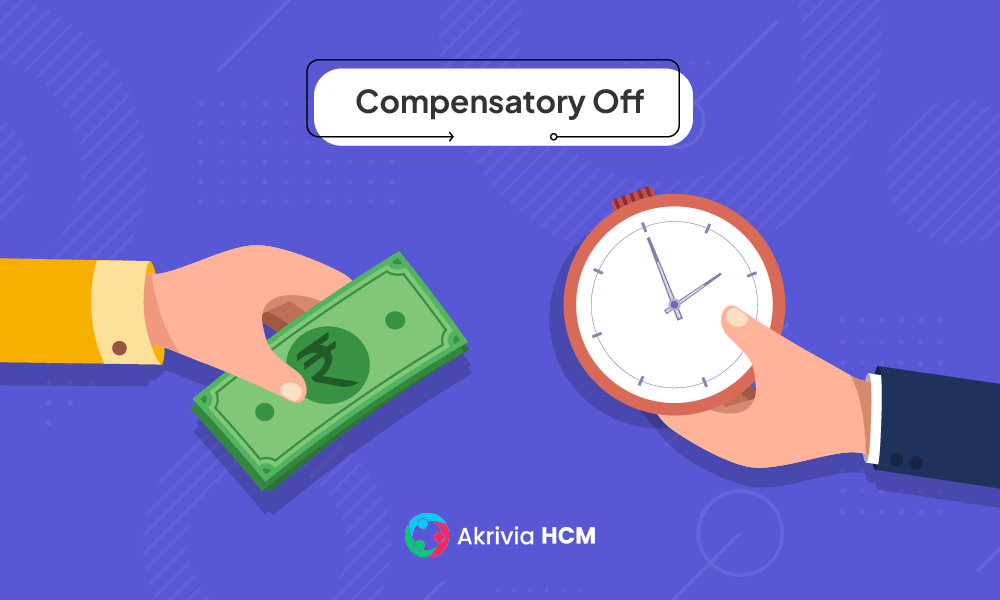Table of Contents
Competitive employee benefits packages can help you attract and retain talented employees. Types of leave within such packages include annual leave, maternity leave, sick leave, parental leave, and more. Employers encouraging staff to go the extra mile should consider offering compensatory leave benefits. This gives employees additional paid time off if they work overtime, during unusual hours, or on holidays.

Compensatory off is an employee’s entitlement to take time off from work as a form of compensation for working on a holiday or weekend. Compensation is given as time off rather than monetary compensation.
Employees often receive these as rewards for their extra efforts to develop the organization. Compensatory off days are a way of taking care of employees on behalf of the organization so that employees will take equal care of the organization by maximizing their efforts.
The FLSA allows employees in the following four categories to receive compensatory leave:
The steps to apply for comp off differ from company to company, but we’ve outlined a few common ones below:
Step 1: Before requesting a comp off, employees should be sure to read the organization’s guidelines. This will ensure that they put in an application that meets all requirements and makes the process as easy as possible.
Step 2: To recover extra time worked, you may need to seek approval from your manager or submit an expense report, depending on the rules of your organization.
Step 3: Once a comp-off request has been submitted to a manager, the manager has the discretion to approve or deny the request. The manager might approve the hours or days an employee claims as comp time off, or they might choose to reject the request.
Before implementing a comp-leave policy, it’s important to craft and communicate a clear leave policy to reduce confusion about when employees can take leave.
If you opt to use compensatory off instead of overtime pay, your employer must follow specific limitations and standards. These include:
Employees of certain government agencies, such as health care workers, emergency personnel, and first responders, can earn compensatory off up to 480 hours per year. Certain government employees have a limit of 240 hours. Once an employee has collected this amount of compensatory off, the employer must allow the employee to take it unless doing so would disrupt essential business operations.
Compensatory off ensures your time is respected and valued and holds employees and organizations accountable for the true worth of everyone’s time. Employees will feel valued and supported, and managers will feel accountable for their employee’s well-being! With Akrivia HCM Leave Management System, you can manage and track all the comp offs of your entire workforce.
Let’s Recruit, Reward, and Retain
Your Workforce Together!
